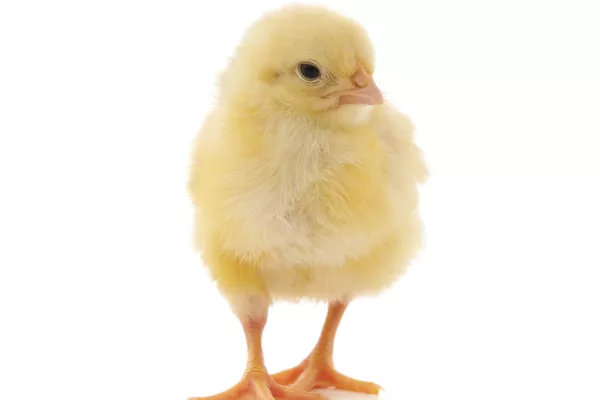
Measures against influenza virus type H3: do's
The Ministerial Decree of 16 May 2019 already imposed urgent measures against the spread of the avian influenza virus type H3. The latest decree of 6 June now adds to that general and preventive measures, together with specific measures for farms where the H3 virus has been found. These are the things that were published on 13 June 2019!
General measures for poultry farms
Samples
First and foremost, the criteria for the submission of samples must be more strictly interpreted. This at the level of the separate flock and not at the level of the entire farm. This concerns:
-
a decrease in the normal feed and water consumption of more than 20%;
-
a mortality rate higher than 3% per week;
-
a decrease in laying of more than 5% that continues for longer than 2 days;
-
clinical signs or injuries in post-mortem examination that point to avian flu.
Vehicles and people
Vehicles to and from commercial poultry farms must be cleaned and decontaminated when entering and leaving each farm. Both the cleaning and the decontamination must be performed with an authorised biocide that is effective against avian flu.
In addition, it is prohibited to load poultry of different origins onto the same vehicle, as well as to unload poultry from the same vehicle at several different farms. It also goes without saying that access to a poultry house or a hatchery is prohibited for all persons not belonging to that farm. The manager takes all of the necessary steps for ensuring this. However, this prohibition does not apply for:
-
the personnel that is necessary for the farming operations;
-
the farm veterinarian or some other authorised veterinarian who is called in by the manager;
-
the personnel of the Food Safety Agency and the persons working at their behest;
-
the personnel of other competent authorities and the persons working at their behest.
Before authorised persons enter the poultry house or the hatchery, they are naturally furnished with boots and outerwear belonging to the farm
Transport of poultry and hatching eggs
The transport of poultry – except for one-day chicks and animals for slaughter – is only allowed if the influenza virus type H3 was not demonstrated after one sample collection and analysis.
Attention: the transport of hatching eggs – unless destined for a breaking facility – is only allowed if regular sample collection and analysis from the mother animals are negative.
Specific measures for infected farms
Processing of manure
Manure, slurry and stable litter coming from infected farms must be disinfected with an authorised and effective biocide against avian flu. This before it is treated or processed into animal by-products or derivative products that are not intended for human consumption. Moreover, the transport to the processing site must take place in closed containers or containers covered with a tarp.
Poultry and eggs
The eggs from a nursery farm may not be hatched out as hatching eggs. Non-hatched out hatching eggs are therefore destroyed or can be used for human consumption, after a heat treatment.
The transport of poultry is prohibited, except to the slaughterhouse.
Attention: this only applies for poultry without clinical symptoms. Slaughtering sick poultry happens to be prohibited as well
People and vehicles
-
When clearing out a farm:
-
the farm must be completely empty;
-
the farm must be thoroughly cleaned and decontaminated;
-
account must be taken of a vacancy period of at least 21 days after the cleaning and decontamination before the farm may once again be populated.
Other materials
All crates, trays and rolling materials that were used at the farm must undergo a double cleaning and decontamination before they can be used again. This with an authorised and effective biocide against avian flu. Naturally, disposable material may only be used a single time.
As you see, you can take many measures by yourself. Curious about how RinDis can help you to fight avian flu, or do you still have questions about this problematic?
Contact us! Then let´s schedule an appointment as soon as possible.
Request an offer
Ready to hit the road clean as a whistle? Request your offer today and learn how RinDis can help you.
You can also contact us via
info@rindis.be
+32 (0)50 69 85 50
Kachtemsestraat 165
8800 Roeselare
Belgium